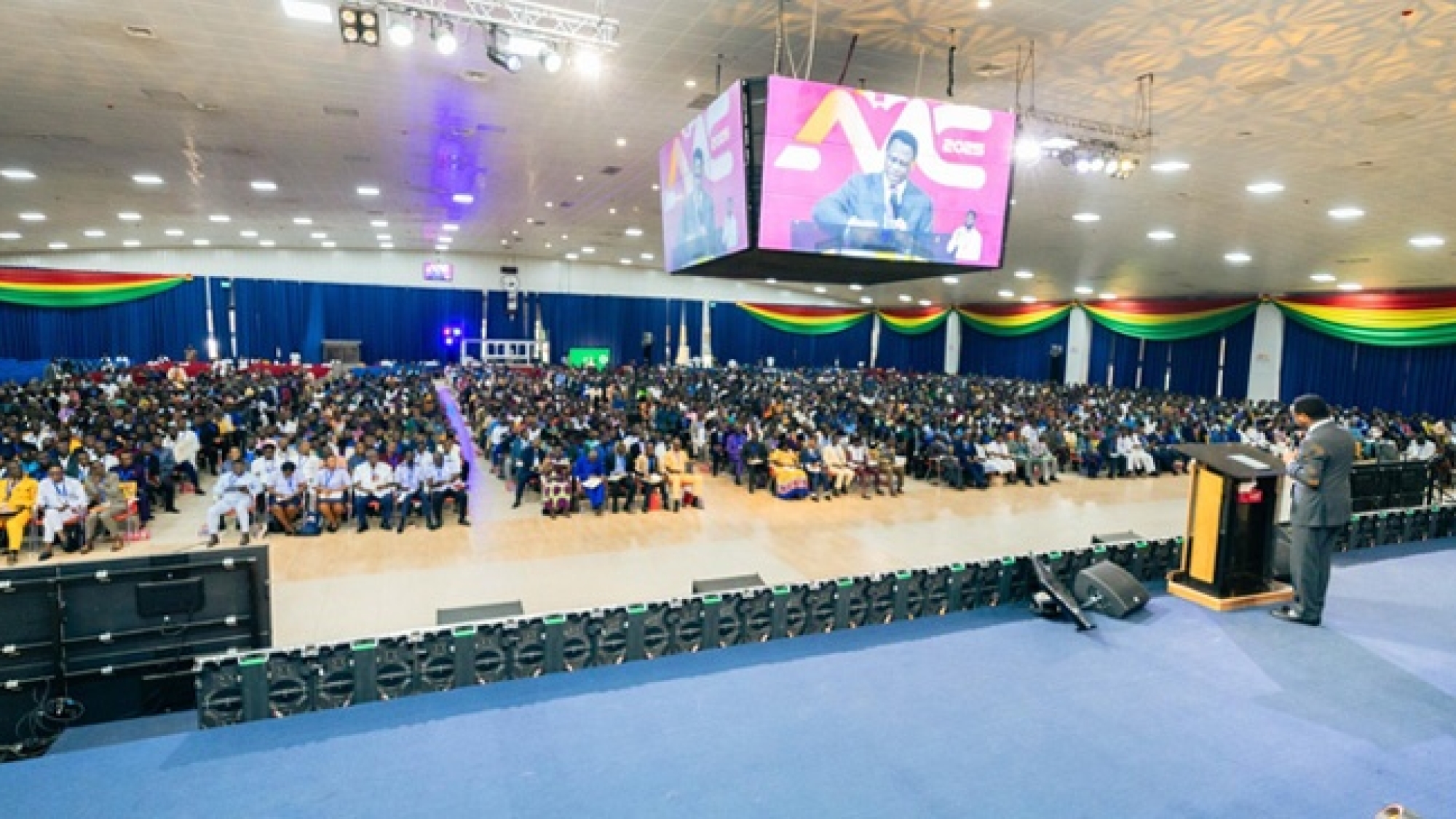In today’s media-driven culture, creativity is often reduced to performance, something designed to catch the eye or impress an audience. But in ministry, creativity carries a different calling. It’s not primarily about flair; it’s about faithfulness. It’s not about aesthetics; it’s about encounter. In a world saturated with visuals, videos, and endless content, it’s easy to assume that creativity in ministry is about keeping up, making things look polished, modern, and appealing. But for the Church, creativity is not just decoration. It’s a revelation. It’s a sacred tool that helps people experience God in ways that are both deeply spiritual and profoundly human. True ministry-driven creativity makes truth visible. It opens hearts, stirs souls, and invites people into moments of divine encounter, not through spectacle, but through Spirit-led expression.
A few reflections to offer:
1. Creativity as a Tool for Revelation
Before creativity was a strategy, it was a divine attribute, God’s first act of revelation. From the intricacies of nature to the poetry of scripture, His creativity reveals His character. As Psalm 19:1 declares, “The heavens proclaim the glory of God,” and Romans 1:20 reminds us that “For since the creation of the world God’s invisible qualities, His eternal power and divine nature have been clearly seen, being understood from what has been made…”
This means creativity isn’t something we add to the Gospel; it’s woven into how God has always revealed Himself to the world. When we create, whether through design, music, storytelling, or media, we reflect His image and participate in His mission to make truth known. In ministry, creativity serves as a sacred bridge between the eternal and the everyday, helping people see God more clearly through sermon visuals, testimony videos, or spoken word pieces that open hearts to truths that might otherwise be overlooked.
2. The Gospel Deserves More Than Good Design
Excellence is not optional in the kingdom of God; it’s an offering. But excellence doesn’t always mean having the trendiest design or the biggest budget. It means giving God and His people our very best. As Colossians 3:23 reminds us, “Whatever you do, work at it with all your heart, as working for the Lord.” In ministry, great design and quality content are not ends in themselves; they are tools to communicate the Gospel with clarity and care. Our goal is not to impress but to illuminate, creating beauty that serves truth rather than distracts from it. When our creative work amplifies the message instead of overshadowing it, we help people not just see but understand. So before publishing that design, video, or post, ask yourself: Is this serving the message, or just trying to be impressive? When we create with purpose, we’re not just making things look good—we’re helping people see God more clearly.
3. Making the Invisible Visible
Jesus didn’t deliver abstract theological lectures. He told stories, drew in the dirt, pointed to fig trees, and held up coins. His parables painted vivid pictures because He understood that spiritual truths often need visible handles. As Mark 4:34 notes, “He did not say anything to them without using a parable.” In the same way, our creative work in ministry helps people visualize the invisible grace, hope, redemption, and love. A baptism video doesn’t just show water; it reveals resurrection. A sermon graphic sets the tone for expectation. A worship lyric video or song bridge can stir hearts before a single word is preached. Creativity becomes a lens through which truth is magnified, helping people not only hear the Gospel but experience it.
4. Creativity That Points to Christ
At its best, creativity in ministry becomes invisible, not because it lacks beauty, but because it so clearly reveals Jesus. When our work is rooted in Scripture and guided by the Holy Spirit, it becomes a window, not a mirror, revealing Christ rather than reflecting ourselves. As Matthew 5:16 reminds us, “Let your light shine before others, that they may see your good deeds and glorify your Father in heaven.” Creativity is powerful, but it must be surrendered. Our colours, compositions, lyrics, and lighting cues aren’t just artistic choices; they’re instruments of revelation. The goal isn’t applause, but alignment. Every element we create should point people to Jesus, not to us. So, ask yourself: Does this inspire transformation or just admiration? Does it point people toward Christ or toward me? When we offer our creative gifts to God, He uses them not just to impress, but to draw hearts to Himself.
5. Creativity as Ministry, Not Just Media
It’s tempting to view creative work in the church as “supporting content.” But creativity is a ministry in its own right. The person writing the social media post is a communicator of God’s hope. The video editor crafting a baptism testimony is a storyteller of redemption. The graphic designer working on a youth retreat flyer is helping teenagers meet Jesus. “Each of you should use whatever gift you have received to serve others…” —1 Peter 4:10 (NIV). This mindset shift is vital: creativity in the church isn’t a side hustle for the talented. It’s a calling for the faithful.
Encouragement for Church Creatives: Your Photoshop file is a canvas of hope. Your lyrics are pathways for worship. Your stage design is a setting for divine encounter.
Final Thoughts:
Creativity in ministry isn’t just about making things look good—it’s about making truth visible. It’s about transforming pixels, words, and melodies into portals for encounter, helping people see the Gospel, feel the presence of God, and understand His love in ways that words alone can’t always express. It’s about making the eternal accessible, the invisible visible, and the unseen Saviour seen. Whether you’re behind a camera, designing a flyer, writing a script, or leading worship, remember: your creativity is a calling. You are not just a creative—you are a messenger. So, keep creating. Keep praying. Keep crafting work that points beyond itself to the One who is truth, beauty, and grace embodied. Let your creativity rise not as performance, but as worship. As Ephesians 3:20 reminds us, “Now to him who is able to do immeasurably more than all we ask or imagine…” trust that God can use your creative offering to do far more than you can see. Keep Creating with Purpose.
Written by Deacon Seth Mensah Odifo (Head of Media, Arts and Sports, HUM)














